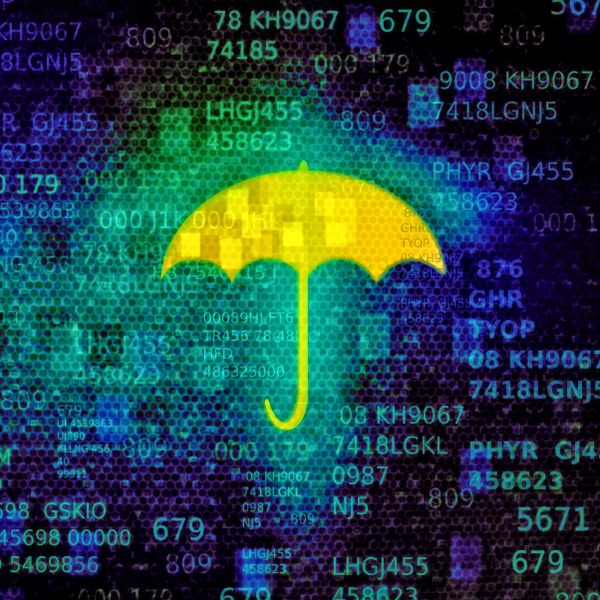What are the effects of cyberbullying?

“I am insecure because I would look at society’s standards of beauty and compare myself to them realizing I can’t change. Online bullying makes me sick because being able to bully someone through a screen let alone at all should not happen. Judging someone based on their looks or views is just wrong.” (Girl, 15)
Three out of 10 teenagers in the US have fallen victim to cyberbullies at least once, with the most targeted age group being between 14 and 16 years old, a Bitdefender survey has found. While pre-teens are more open to speaking to their parents about any form of attack, the older they get the more they tend to distrust people around them and think they can deal with the emotions by themselves.
Teenagers are left feeling ashamed of their looks, opinions, sexual orientation, health problems or personality. Out of fear they will be harshly judged, they isolate themselves. At times, it’s all a game of pretending. A never-ending cycle of emotions, isolation and depression.
Top signs something is wrong
-> They suddenly withdraw and seem sad, with low self-esteem,
-> Visible lack of confidence, especially in girls, who are more often bullied about their looks than boys. Girls between 14 and 16 years of age said that bullying gave them a lack of confidence and sadness (45%), 40% developed a form of depression, 35% felt strange/odd, 34% felt disappointment, while 24% felt isolated, 23% felt hopeless and 21% felt even frightened and guilty for being bullied.
-> They don’t enjoy activities that used to get them excited,
-> Wearing long sleeves in very hot weather can be a sign they are cutting themselves,
-> Visible anger and emotional anxiety that could lead to depression and panic attacks,
-> A child who was once a straight-A student now failing school is definitely a sign that something is going on,
-> Not showing up for class or giving up on school altogether,
-> The child has stopped eating properly or, worse, has developed an eating disorder,
-> Regular nightmares or even lack of sleep,
-> Drug or alcohol abuse,
-> Constantly looking to argue with authority (parents, teachers), or even getting violent with others, according to respondents in the Bitdefender study. “In 12 of 15 school shooting cases in the 1990s, the shooters had a history of being bullied,” research says.
-> Suicidal thoughts – research shows that cyberbullying has led to many extreme events. At this stage, counselling is a must, and parents should even consider moving the child to a new school.
I see some signs in my child. What can I do?
The first step is to acknowledge the problem. Most often, it is parents who refuse to accept their child is struggling with emotional issues. If they don’t get involved, the effects could be long-term, and even scar their adult life. Parents can install content filters on their computers to control what their children are exposed to.
Reach out to the bully’s parents, school and local law enforcement to ensure measures are taken and zero-tolerance campaigns are enforced. Encourage local authorities and school administrators to establish help lines, anti-bullying programs and to treat bullying as a serious crime.
tags
Author
After having addressed topics such as NFC, startups, and tech innovation, she has now shifted focus to internet security, with a keen interest in smart homes and IoT threats.
View all postsRight now Top posts
How to Protect Your WhatsApp from Hackers and Scammers – 8 Key Settings and Best Practices
April 03, 2025
Outpacing Cyberthreats: Bitdefender Together with Scuderia Ferrari HP in 2025
March 12, 2025
Streamjacking Scams On YouTube Leverage CS2 Pro Player Championships to Defraud Gamers
February 20, 2025
How to Identify and Protect Yourself from Gaming Laptop Scams
February 11, 2025
FOLLOW US ON SOCIAL MEDIA
You might also like
Bookmarks







